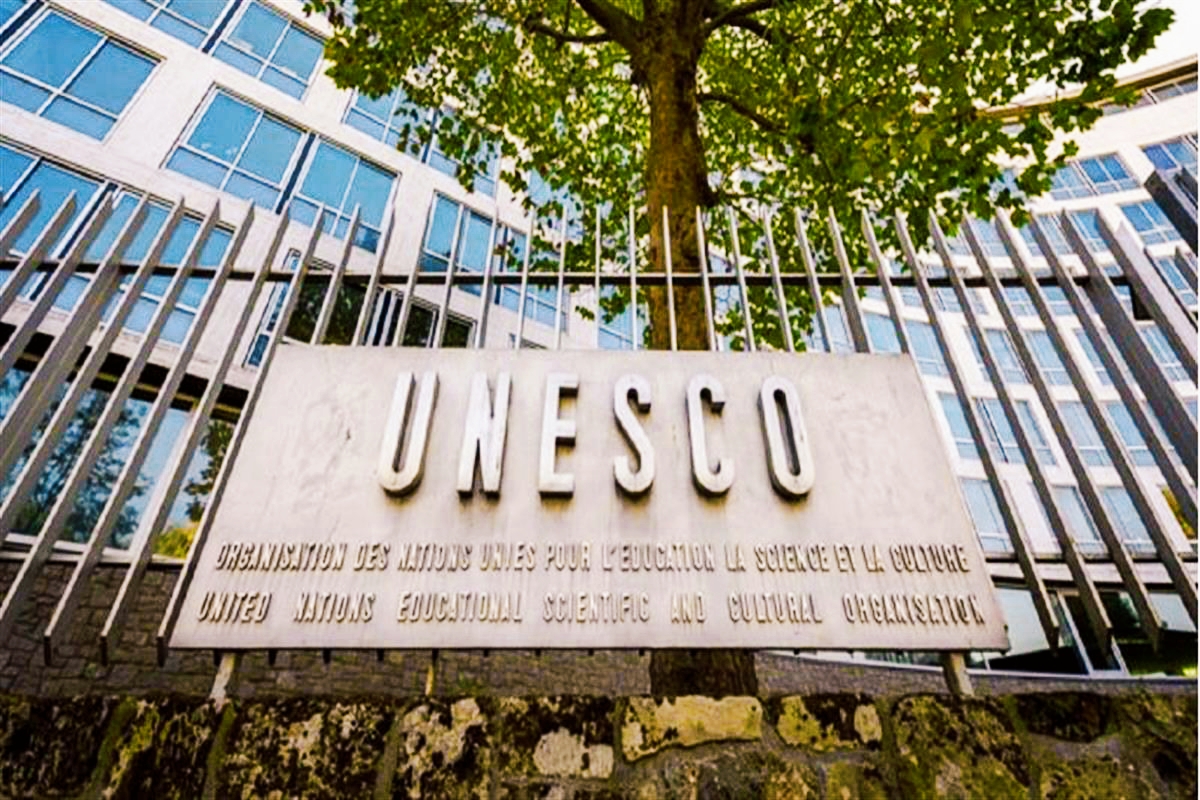UNESCO Reveals: Middle East is a Hotspot Endangering World Heritage
July 8, 202556 ViewsRead Time: 2 minutes

Font Size
16
UNESCO has revealed that around 40% of threatened World Heritage sites are located in the Middle East, indicating that half of the 56 sites listed on the 'Danger List' face direct threats due to armed conflicts.
The announcement came during the opening of the 47th session of the World Heritage Committee in Paris, where the organization is reviewing files of 30 new sites nominated for inclusion on the World Heritage List, including prehistoric caves, forests, and marine ecosystems.
UNESCO Director-General Audrey Azoulay emphasized that culture should be at the heart of solutions to major global challenges, including conflicts and climate change.
She stated that about three-quarters of World Heritage sites are now threatened by serious water risks, such as droughts and floods, in addition to increasing pressures from over-tourism.
The current session includes requests from several countries including the UAE, Poland, Cambodia, and Sierra Leone. Additionally, two African countries have entered the race for the first time by nominating Guinea-Bissau with the Bijagós Archipelago Biosphere Reserve, and Sierra Leone with the Gola Rainforest, which harbors rare and endangered species like elephants.
In parallel with the examination of new sites, about 250 sites currently listed on the World Heritage List are undergoing review and evaluation, providing a comprehensive overview of the state of World Heritage globally.
In the regional context, UNESCO has announced the resumption of its activities in Syria, focusing on protecting the National Museum in Damascus and the archaeological sites in Aleppo. The organization is also actively monitoring the damage to cultural sites in Gaza since October 2023 through satellite images, with plans to intervene as soon as suitable conditions allow.
In September 2023, the UNESCO conference voted to include the archaeological site of Tel Es-Sultan in Jericho in the West Bank on the World Heritage List in Palestine, a decision that angered Israel, which does not recognize a Palestinian state and controls the territories where the site is located.